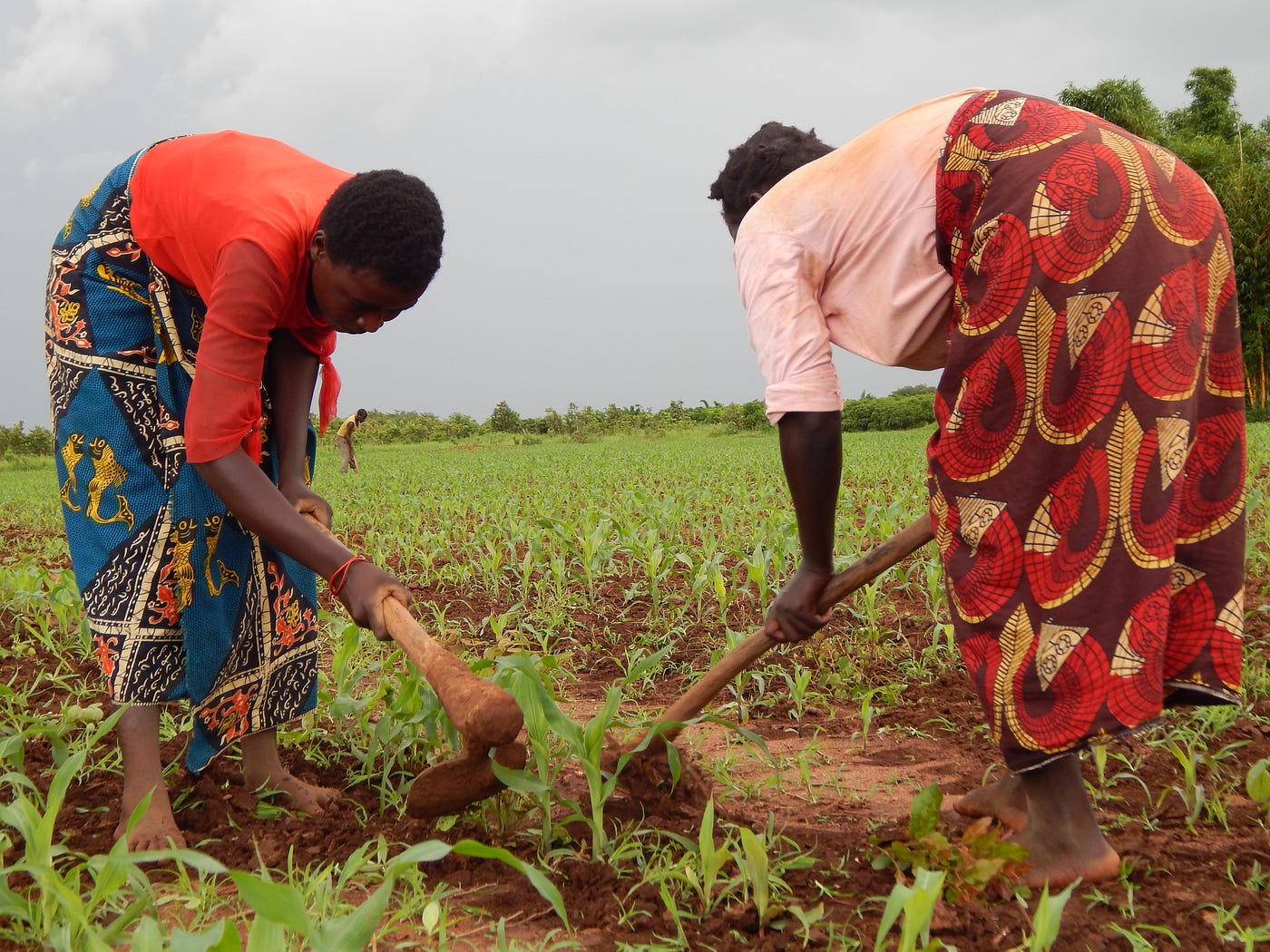By Isaac Atunlute
In a rural village in Kaduna, a group of young women sat in circles around piles of domestic waste as they learnt how to shape it into warm, rich, organic compost.
For most of the women, it was the first time farming had ever felt empowering and not merely about survival.
In response to the overlapping challenges of climate change, rising food prices, and public health shocks like COVID-19, a local initiative is teaching small-scale female farmers to not only grow food but also rebuild their environment.
Through a three-day lesson in regenerative agriculture, 30 women farmers across different communities of Kaduna State received practical training on improving soil health, reducing production costs, and increasing resilience to the weather.
Fundamentally, the training was aimed at transforming these women into climate leaders, equipping them with sustainable farming methods that can be impacted across communities.
While traditional agriculture tends to rely on chemical fertilisers at the expense of depleting the soil in the long term, regenerative agriculture is all about restoring the soil.
Participants gained insights on sustainable methods to improve crop yields, such as soil testing, composting, organic pest management, and rotations.
This process has caught on in other parts of the country.
In Lafia, an NGO called Global Initiative for Food Security and Ecosystem Preservation, or GIFSEP, conducted training for 50 women and youths on composting, sack farming and other nature-based solutions to climate change.
Participants left the two-day workshop equipped to practice affordable, eco-friendly farming and serve as ambassadors of knowledge within their communities
Similarly, in Ogun State, over 1,000 women farmers gained valuable training in eco-efficient, climate-smart farming techniques during a collaboration between HortiNigeria and the South‑West Association of Vegetable Farmers and Sellers or SWAVFS.
The initiative was in commemoration of the international day of women and girls in agricultural science, and it showcased sustainable methods like organic soil management and crop diversification, to help make farming more profitable and environmentally friendly for women across the region
The Kaduna women called the training an eye-opener; many had been using costly and harmful fertilisers without the least notion of the damages to the environment.
With hands-on demonstrations, however, the women learnt how household waste, from groundnut husks to cassava peels, could be transformed into valuable compost rich in nutrition.
Towards the conclusion of the training, the women committed to creating clusters in the villages and spreading the learnings.
One outstanding trait about regenerative agriculture is its ability to not only rebuild the soil but also strengthen social networks, restoring agency to women often left out of formal agricultural support.
Regenerative practices are gradually being embraced in Nigerian policies.
In March 2025, for instance, Edo State was selected as the pilot location for Nigeria’s Regenerative and Agro‑ecological Landscape Acceleration Facility, or RALAF, a government-backed initiative aimed at mobilizing private sector funding for regenerative and agroecological agriculture, including soil restoration, biodiversity preservation, and flood mitigation farming methods
While in its early stages, the programme aims to create a new generation of climate-conscious farmers.
Kaduna’s grassroots approach proves that meaningful change doesn’t always require massive infrastructure; it can start with a compost pit, a circle of curious women and a handful of seeds.
Finally, this approach helps to inspire something deeper — the realisation that the power of healthy, nutrient-rich, weather-resistant food is within control.
In a rural village in Kaduna, a local initiative is empowering 30 women farmers through regenerative agriculture training. This method focuses on soil health and sustainability, using domestic waste for composting, thereby reducing costs and enhancing resilience to climate change. The training highlights sustainable practices like soil testing, organic pest management, and crop rotation. This grassroots movement aligns with broader Nigerian policies embracing regenerative agriculture, as demonstrated by similar training sessions in Ogun State and an NGO-led workshop in Nasarawa. Efforts like these are transforming traditional agriculture, turning women into climate leaders and enhancing food security.






